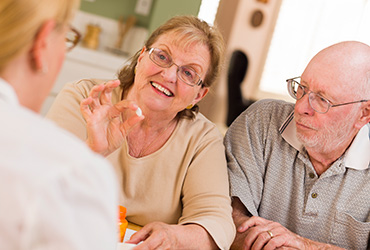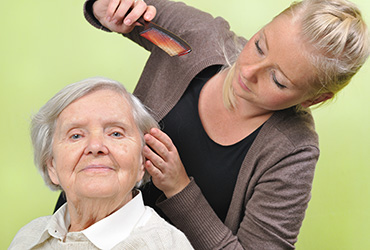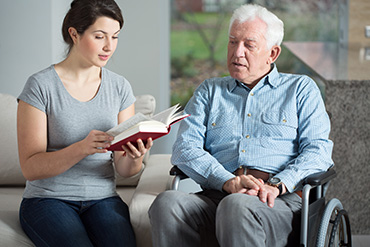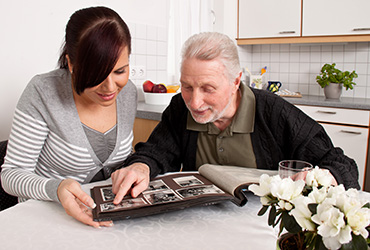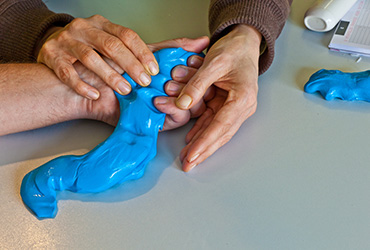Professional medication management requires consistent oversight and instruction in medication use. We collaborate with physicians to ensure that patients have the medications they need and understand them correctly.
- (513) 802-5010
- 24 Hours a Day, 7 Days a Week
- contact@queencityskilled.com
- Find us on map

